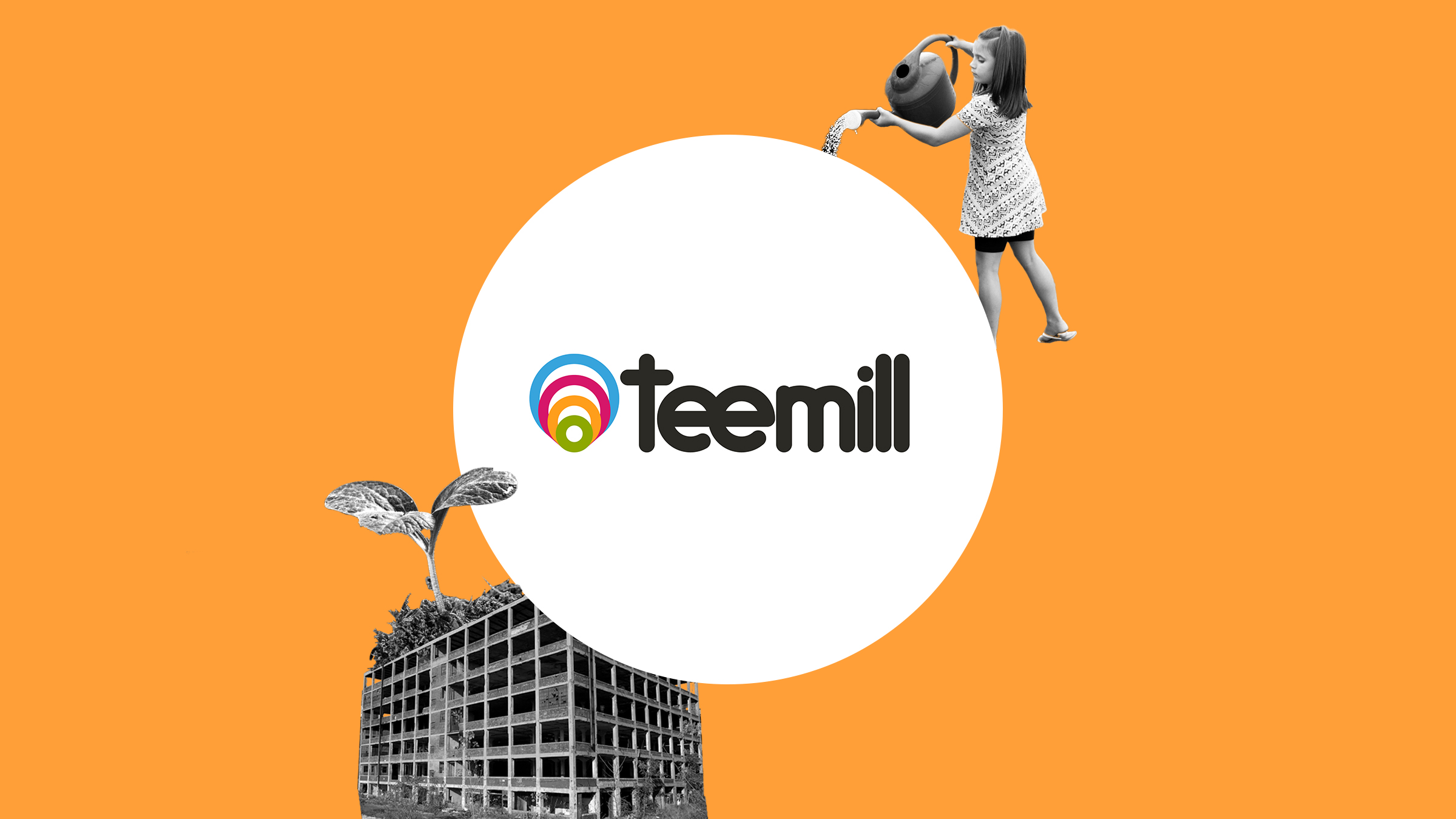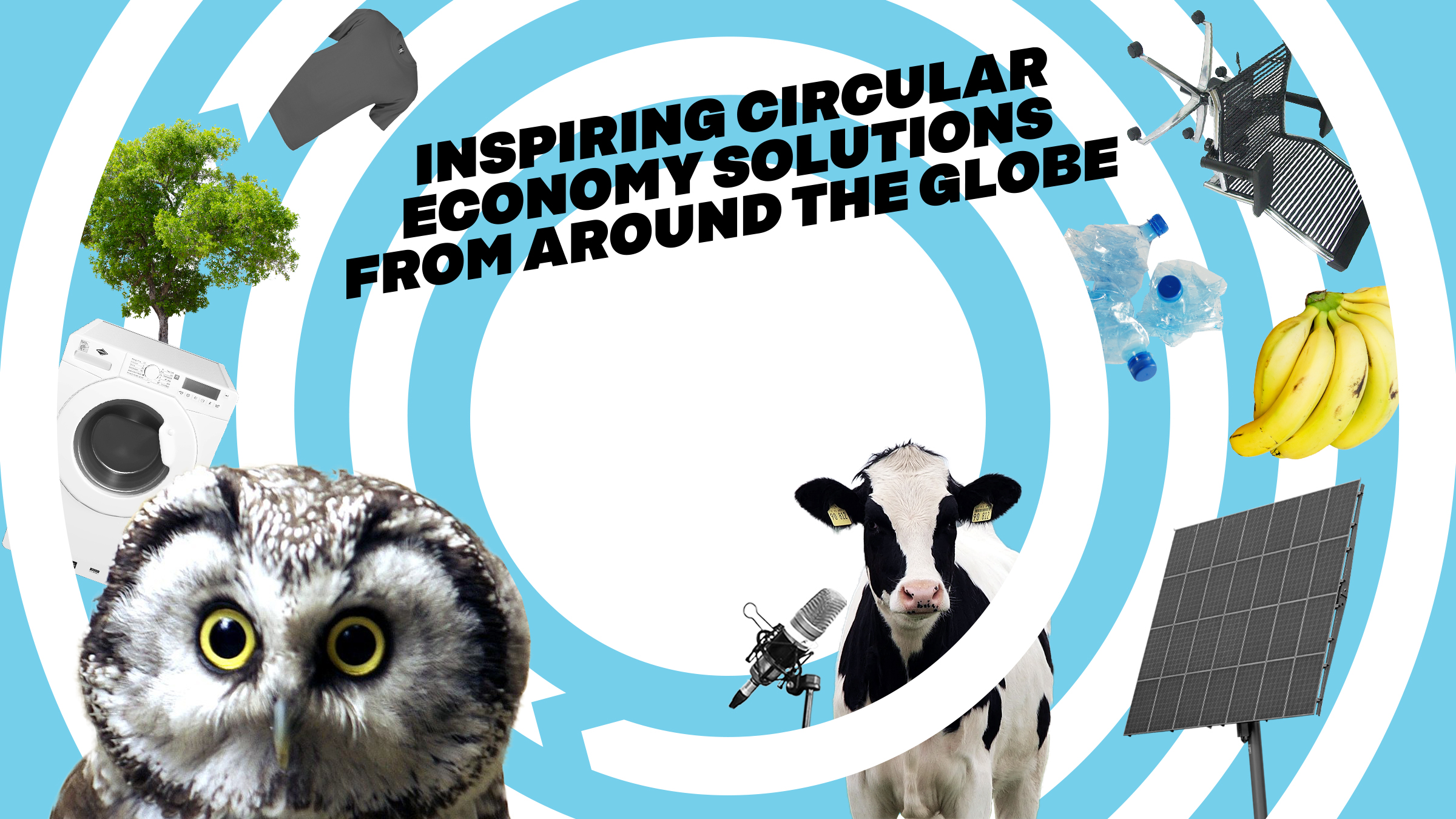Teemill’s online platform lets charities and other organisations create their own customised webstore for circularly designed clothing. Each t-shirt is designed to be durable and recyclable. They are printed and delivered on-demand from Teemill’s UK-based factory. This helps reduce unnecessary production of “single use” clothing made under harsh working conditions with unsustainably sourced cotton.
The main innovation has been the combination of a fast and flexible manufacturing model with an integrated online store design and execution system. To help disrupt the current unsustainable t-shirt manufacturing process, the founders recognised that their platform must offer a superior user experience, meaning that a free access platform, complete with training resources, was prioritised.
Problem
Over 100 billion items of clothing are made each year, and almost all are designed to be thrown away after being worn only a few times. From a production standpoint, factories are designed only for mass production, and the clothing sector is known to have human rights issues. As a result, clothing manufacturing is centralised, capital intensive and hard to disrupt.
Solution
Teemill’s web application includes everything a person needs to start their own brand for free online. Teemill makes the ordered products itself from organic cotton using renewable energy in the UK. The products are produced in real time as they are ordered, meaning that the company only produces what people need and unnecessary overproduction is avoided. Each article of clothing is also designed from the start to be returned once it is worn out (for example, with easily removable but more expensive ink used in prints), and the company makes new products from the recovered textiles.
Teemill’s open platform allows countless organisations to sell their t-shirts and receive revenue for it in a circular way. Teemill is a clear cheerleader of circular business models, which can rub off on their large customer base. The solution provides a venue for entrepreneurs and small-scale businesses to grow and be part of a circular model and network.
Environmental impact
The environmental benefits include lower emissions, less plastic pollution and saved water. Teemill displaces the production of mass-produced, single-use t-shirts made with unsustainably harvested cotton. The organisation reduces plastic waste by making their product and packaging plastic free. Their operations are powered by renewable energy and manufacturing robots support energy efficiency. The clothes are made with organic cotton that is meant to be returned by the customer when it is worn out, and then new clothing is created from the used material.
Social impact
The Teemill platform creates jobs for people in developing countries. Since it is free to access, entrepreneurs in developing countries have utilised Teemill’s platform to open clothing businesses online and sell their designs in developed countries, receiving foreign currencies that supports their local economy. The company has made it a priority for the manufacturing technology to be accessible without needing English language skills.


Inspired?
Check out all solutions.